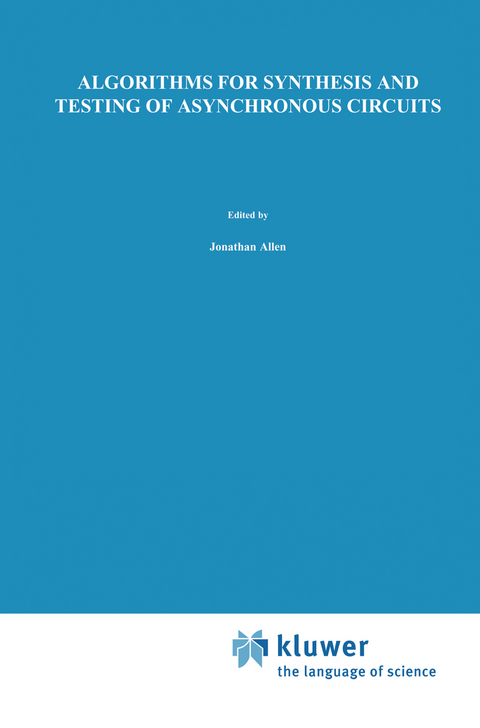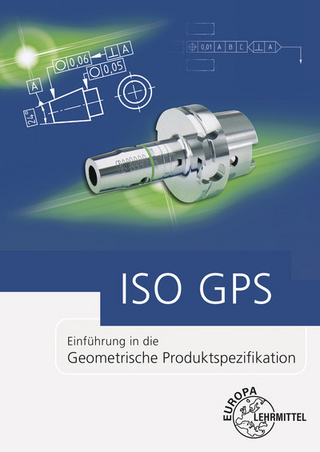
Algorithms for Synthesis and Testing of Asynchronous Circuits
Springer (Verlag)
978-0-7923-9364-1 (ISBN)
1 Introduction.- 1.1 Motivation.- 1.2 Organization.- 2 Overview of The Design Methodology.- 2.1 Signal Transition Graphs.- 2.2 Signal Transition Graph Synthesis.- 2.3 The VMEbus Master Interface Protocol.- 2.4 A Signal Transition Graph Specification for the VMEbus Interface.- 2.5 The Circuit Implementation of the VMEbus Master Interface.- 3 Previous Work.- 3.1 Circuit Model Taxonomy.- 3.2 Definitions.- 3.3 The Huffman Model for Asynchronous Circuits.- 3.4 Micropipelines.- 3.5 Speed-independent Circuits.- 3.6 Delay-insensitive Circuits.- 3.7 Hazard Analysis in Asynchronous Circuits.- 3.8 Conclusion.- 4 The Signal Transition Graph Model.- 4.1 A Low-level Model for Asynchronous Systems.- 4.2 Modeling Asynchronous Logic Circuits.- 4.3 A High-level Behavioral Model for Asynchronous Systems.- 4.4 Classification of Models of Asynchronous Circuits.- 4.5 Signal Transition Graphs and Change Diagrams.- 4.6 Conclusion.- 5 The State Encoding Methodology.- 5.1 Overview of the State Encoding Methodology.- 5.2 From Signal Transition Graphs to Finite State Machines.- 5.3 Constrained Finite State Machine Minimization.- 5.4 State Signal Insertion.- 5.5 Experimental Results.- 6 The Synthesis Methodology.- 6.1 Hazard Analysis and Signal Transition Graphs.- 6.2 Circuit Implementation of the Next State Function.- 6.3 Static Hazard Detection in the Circuit Implementation.- 6.4 Hazard Elimination by Delay Padding.- 6.5 Dynamic Hazard Analysis.- 6.6 Experimental Results.- 7 The Design For Testability Methodology.- 7.1 Definitions and Notation.- 7.2 A Procedure Guaranteed to Generate an HFRPDFT Circuit.- 7.3 Heuristic Procedures to Improve HFRPDFT Testability.- 7.4 A Procedure Guaranteed to Generate an RGDFT Circuit.- 7.5 Design for Delay Testability Methodology.- 7.6 Experimental Results.- 8 Conclusions.- References.
| Erscheint lt. Verlag | 30.6.1993 |
|---|---|
| Reihe/Serie | The Springer International Series in Engineering and Computer Science ; 232 |
| Zusatzinfo | XIX, 339 p. |
| Verlagsort | Dordrecht |
| Sprache | englisch |
| Maße | 155 x 235 mm |
| Themenwelt | Informatik ► Weitere Themen ► CAD-Programme |
| Technik ► Elektrotechnik / Energietechnik | |
| ISBN-10 | 0-7923-9364-3 / 0792393643 |
| ISBN-13 | 978-0-7923-9364-1 / 9780792393641 |
| Zustand | Neuware |
| Haben Sie eine Frage zum Produkt? |
aus dem Bereich


